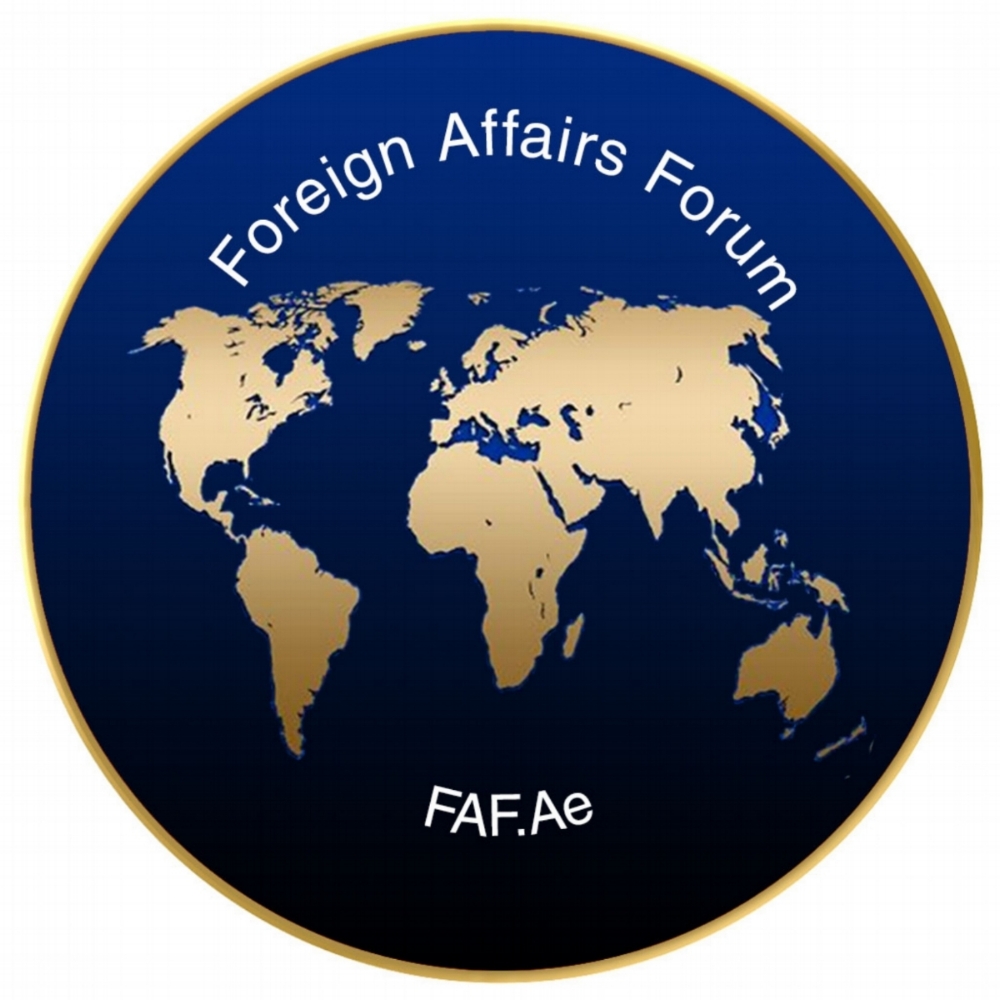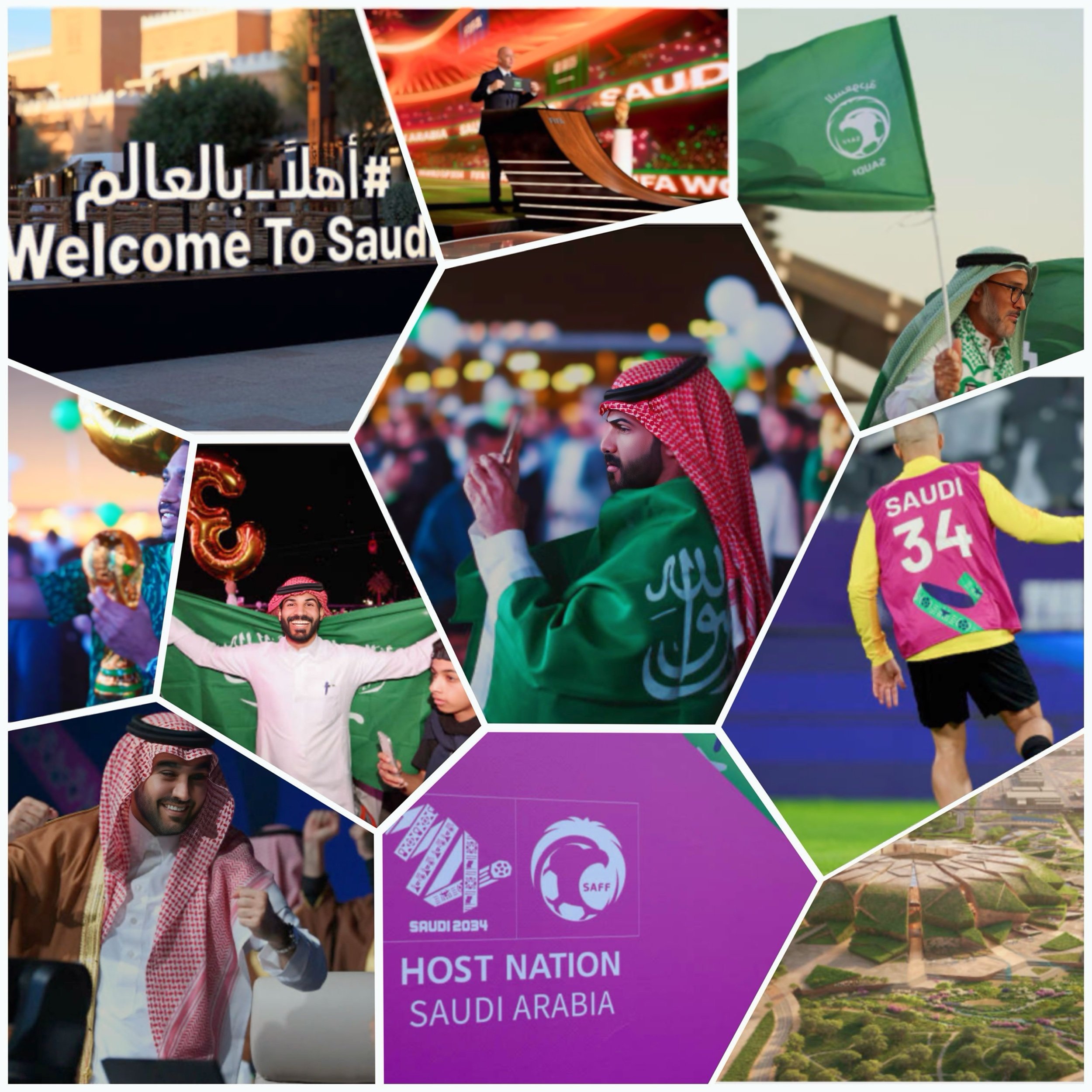How will Saudi Vision 2030 and FIFA World Cup 2034 impact its human rights image?
Introduction
Saudi Arabia’s Vision 2030 and its hosting of the 2034 FIFA World Cup are likely to have significant but complex impacts on the country’s human rights image. While these initiatives aim to showcase progress and modernization, they also bring increased scrutiny to the kingdom’s human rights record.
Vision 2030 and Human Rights
Saudi Arabia’s Vision 2030 has introduced several reforms aimed at improving women’s rights and economic participation:
Female labor force participation increased from 23.2% in 2016 to 34.4% in 2022, surpassing the initial target of 30%.
Women now own 45% of small and medium-sized enterprises (SMEs).
Legal reforms have granted women greater autonomy, including the right to drive, travel freely, and manage businesses without male guardianship.
However, significant challenges remain:
The World Bank’s Women, Business and the Law (WBL) report indicates that more needs to be done to support women entrepreneurs.
Structural barriers persist, necessitating programs like Qurrah and Wusool to subsidize childcare and transportation for working women.
2034 FIFA World Cup and Human Rights Concerns
The awarding of the 2034 World Cup to Saudi Arabia has raised serious human rights concerns:
Human rights organizations warn of an “unimaginable human cost” associated with hosting the event.
Issues include mistreatment of migrant workers, restrictions on free speech, and rights of minority communities.
The kafala sponsorship system, which binds migrant workers to specific employers, remains a significant concern.
Potential Impacts
Increased International Scrutiny:
The World Cup will bring unprecedented global attention to Saudi Arabia’s human rights practices.
This scrutiny may pressure the government to implement further reforms.
Opportunity for Progress
The 10-year lead time to the World Cup could provide an opportunity for Saudi Arabia to address human rights issues.
FIFA’s involvement may push for specific reforms, as seen in previous host countries.
Risk of Sports washing:
Critics argue that hosting the World Cup is an attempt at “sportswashing” to improve Saudi Arabia’s international image without substantive changes.
Labor Rights Concerns
The construction boom associated with the World Cup raises concerns about the treatment of migrant workers.
Saudi Arabia’s prohibition of unionization and strikes remains a significant issue.
Potential for Dialogue
The increased attention could create opportunities for dialogue on human rights issues within Saudi Arabia.
Conclusion
While Vision 2030 and the 2034 World Cup present opportunities for Saudi Arabia to improve its human rights image, the actual impact will depend on the kingdom’s willingness to implement meaningful reforms.
The international community and human rights organizations will likely maintain pressure for substantial changes beyond surface-level improvements.
The next decade will be crucial in determining whether these initiatives lead to genuine progress in human rights or merely serve as a facade for the existing system.







